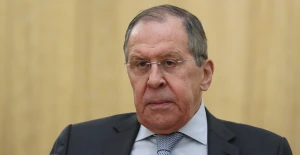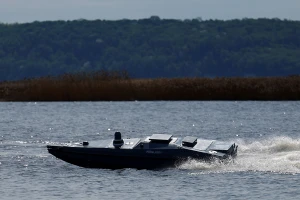
Russia fails to launch rocket into space for the second time in a month
The Russian Federation faced another setback in its space program as the first launch attempt of the Angara-A5 launch vehicle from the Vostochny Cosmodrome on April 9 was canceled, following the cancellation of the Soyuz spacecraft launch on March 21 at the Baikonur Cosmodrome
Roscosmos announced the cancellation of the Angara-A5 rocket flight.
"The launch abort command has been issued. Ground crews have 24 hours to prepare for the rollback," stated the announcer during the broadcast.
"Automatics halted the launch preparation process of Angara-A5 due to a failure in the oxidizer tank pressurization system of the core stage," reported RBC, citing the head of Roscosmos. Another launch attempt is scheduled for April 10.
The launch was scheduled for 12:00 Kyiv time. The Angara-A5 was intended to deploy the Orion booster unit with a test payload into orbit.
According to Interfax, the primary customer for this rocket family is the Ministry of Defense of the Russian Federation.
The Khrunichev State Research and Production Space Center is the main developer and manufacturer of the Angara rocket family. However, there is an ongoing process of transferring production from Moscow to the Polyot plant in Omsk, also part of the center. On February 1, Roscosmos Director General Yuriy Borisov announced that after the Polyot facility's reconstruction, it would be capable of assembling approximately eight Angara-A5 heavy launch vehicles per year.
The Angara is a family of Russian modular-type launch vehicles with various payloads, based on universal rocket modules with oxygen-kerosene engines. The family includes launch vehicles ranging from light to heavy classes with payloads ranging from 3.5 t ("Angara-1.2") to 38 t ("Angara-A5B") in low Earth orbit.
Before this, on March 21, the Soyuz spacecraft launch was canceled at the Baikonur Cosmodrome due to engine problems, with three crew members on board. The rocket successfully launched three days later.
- News












































